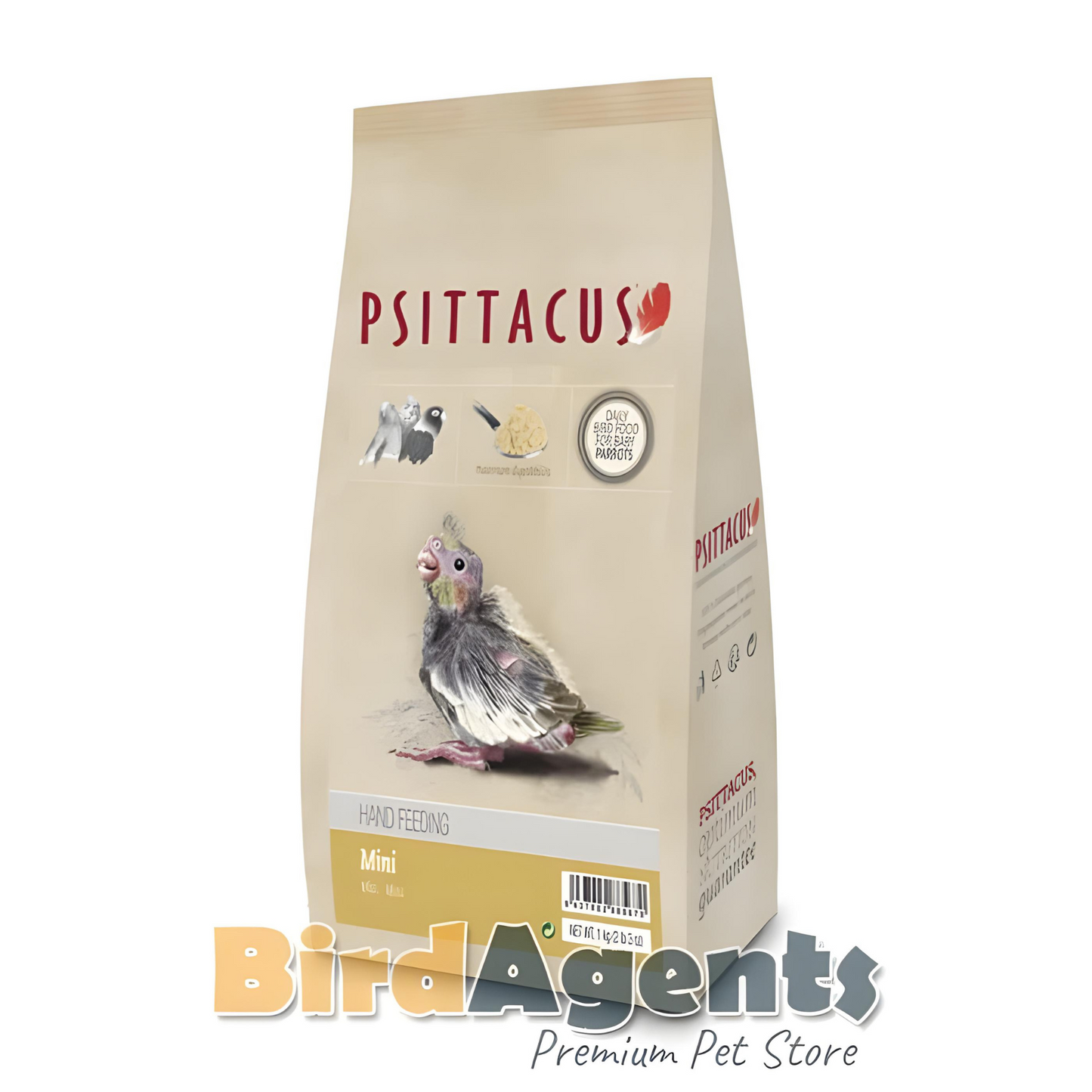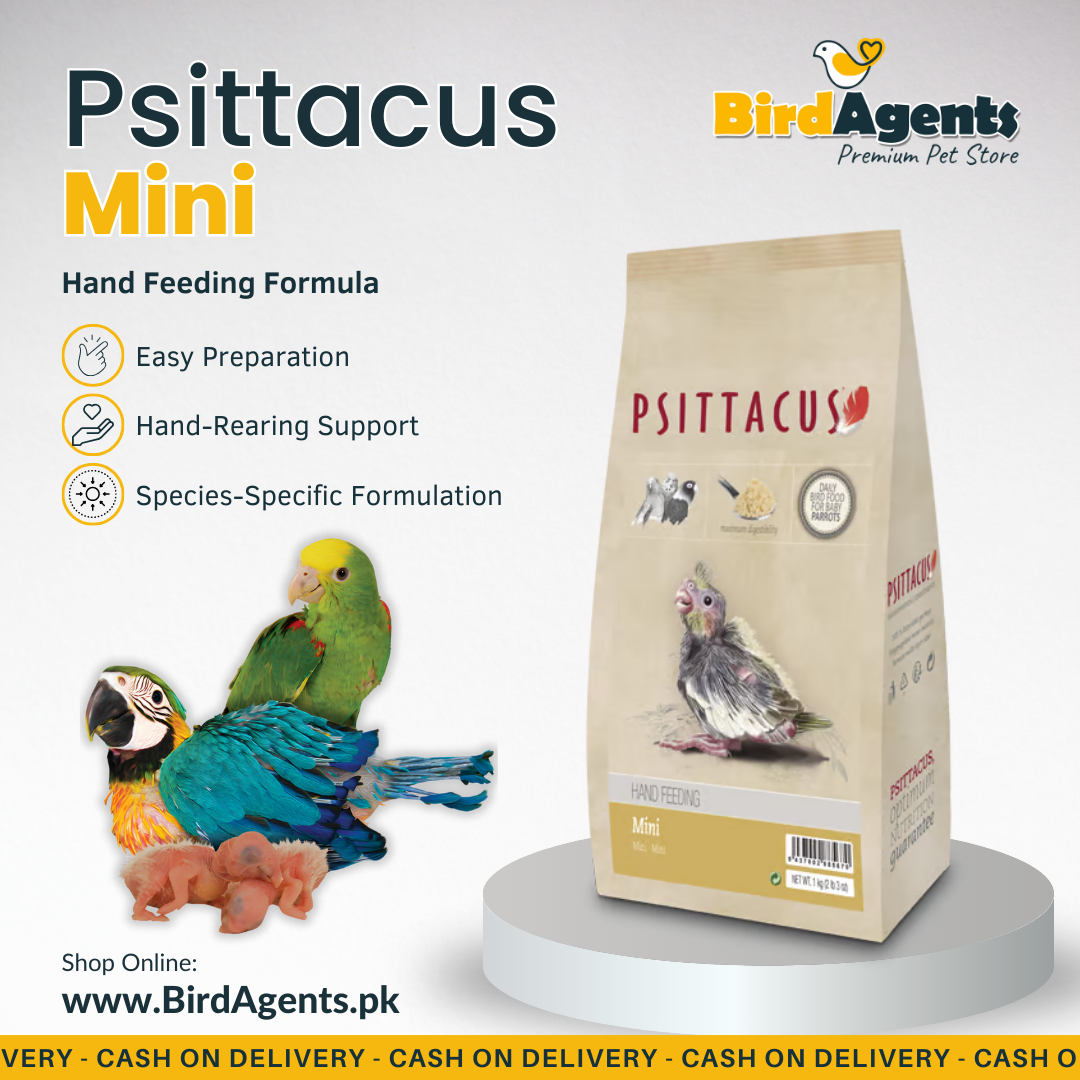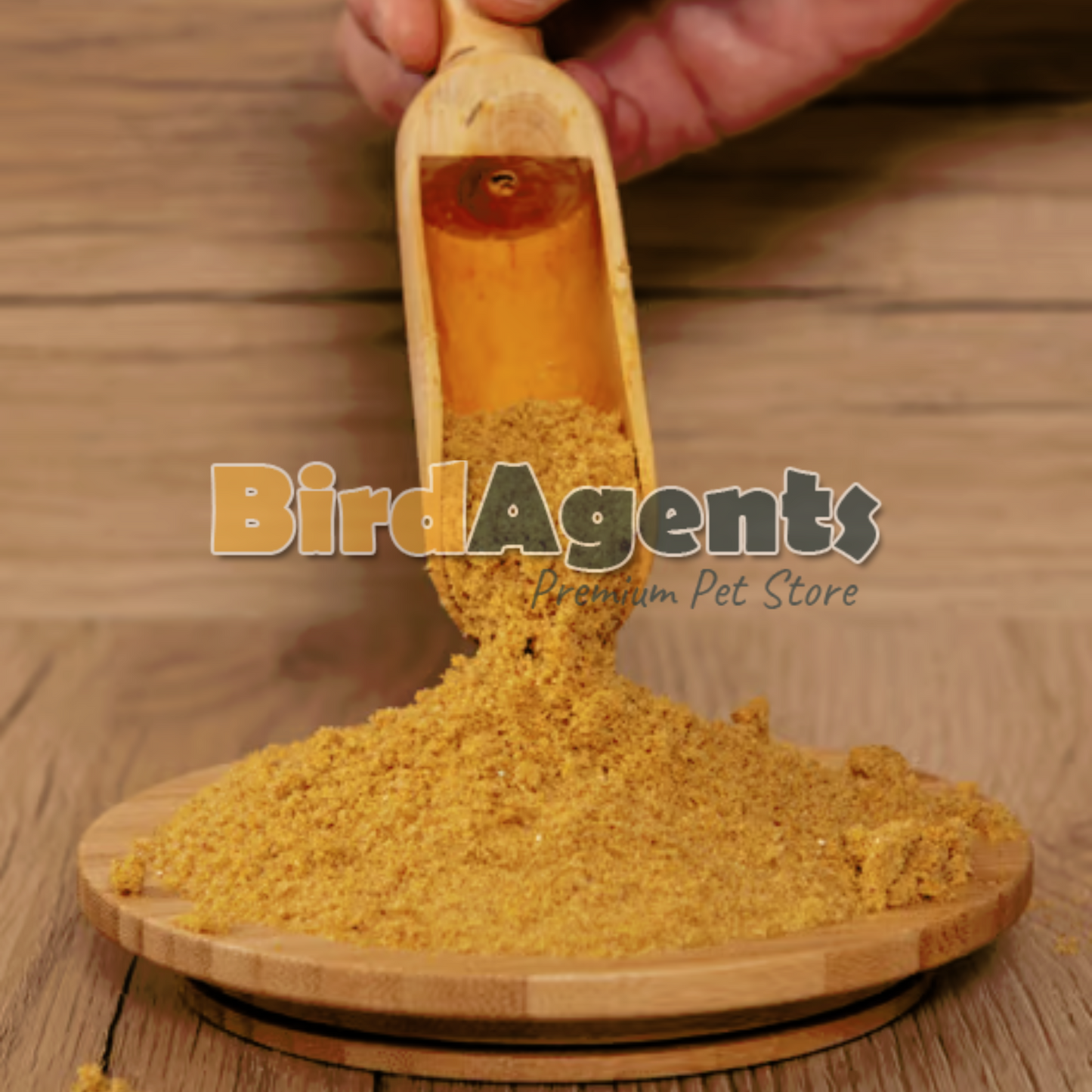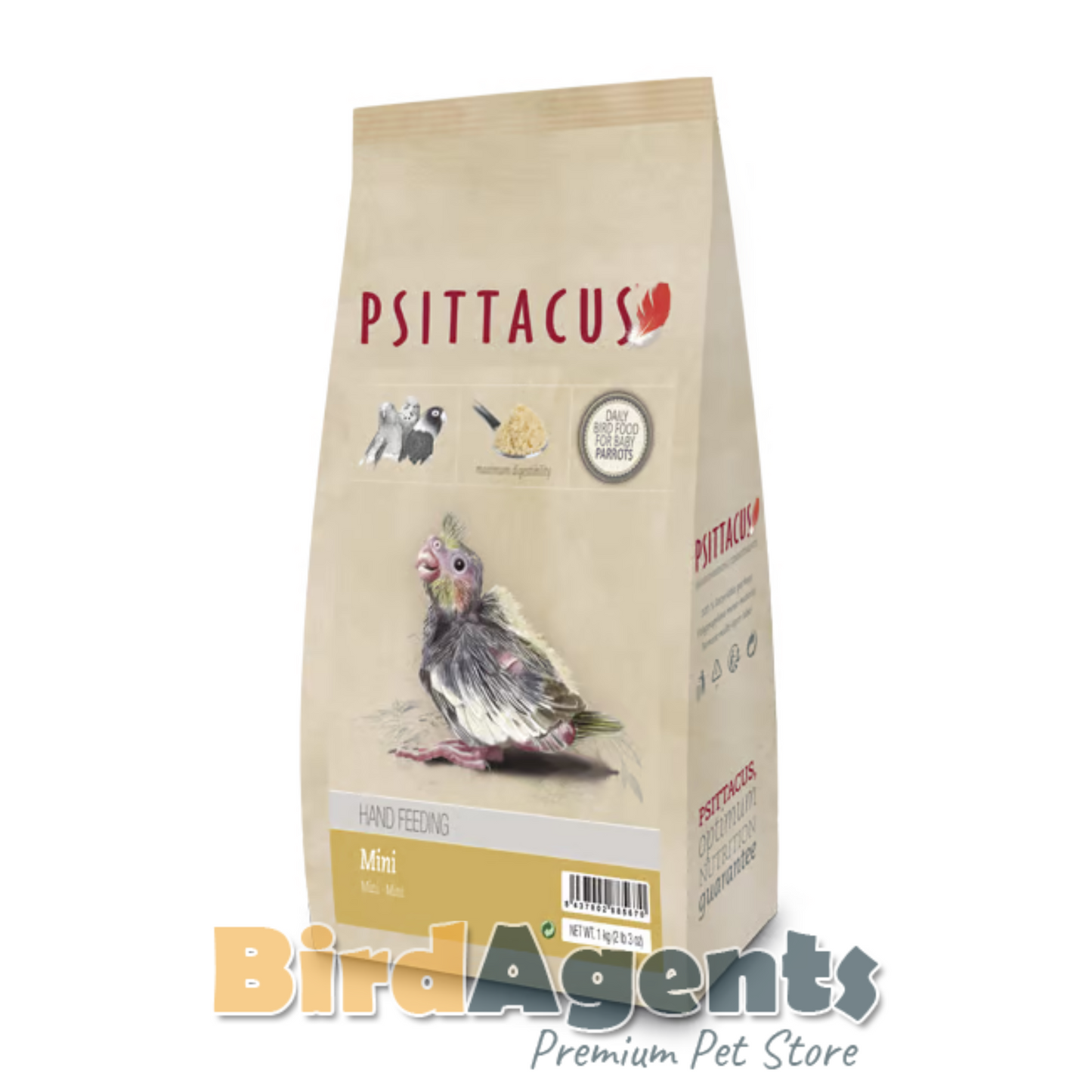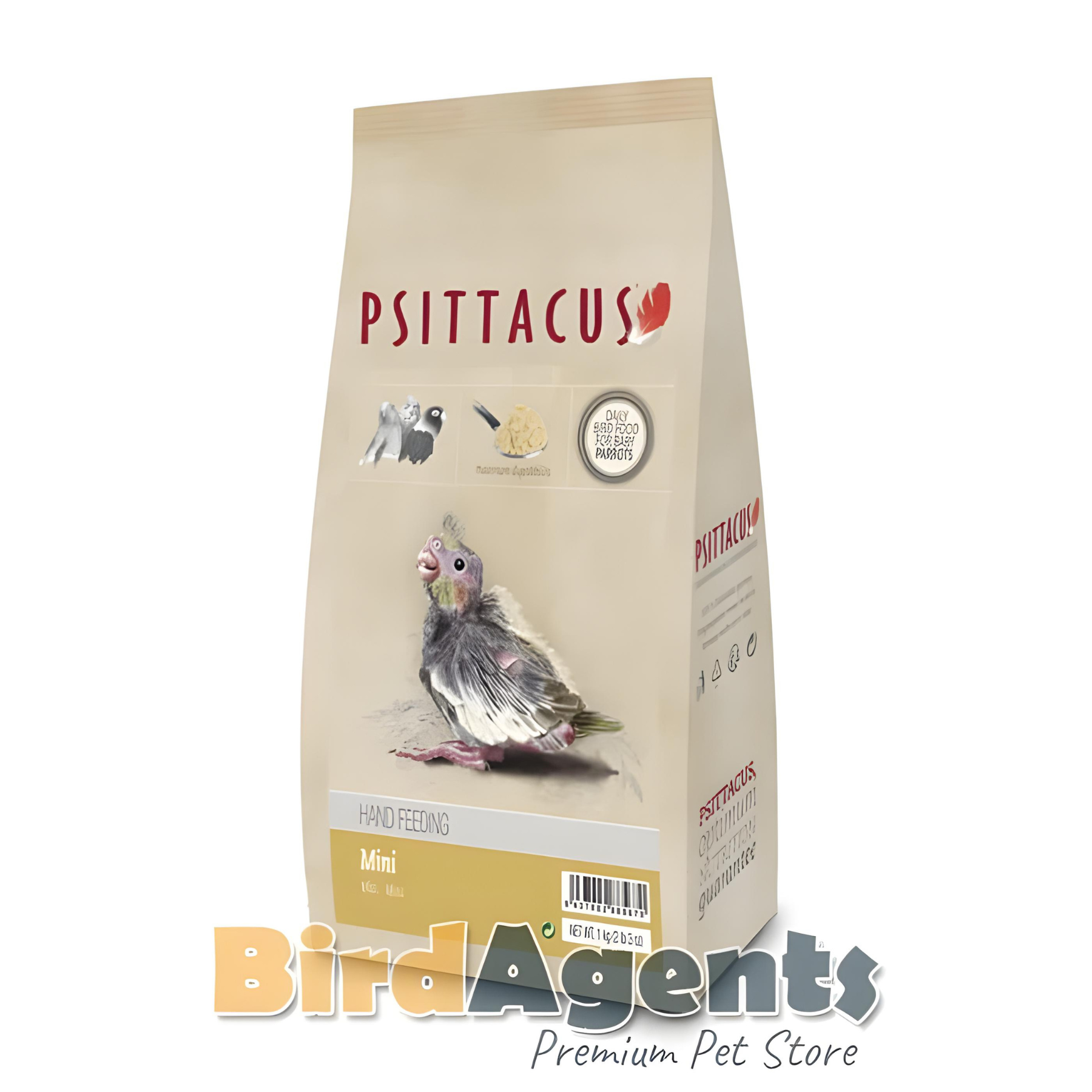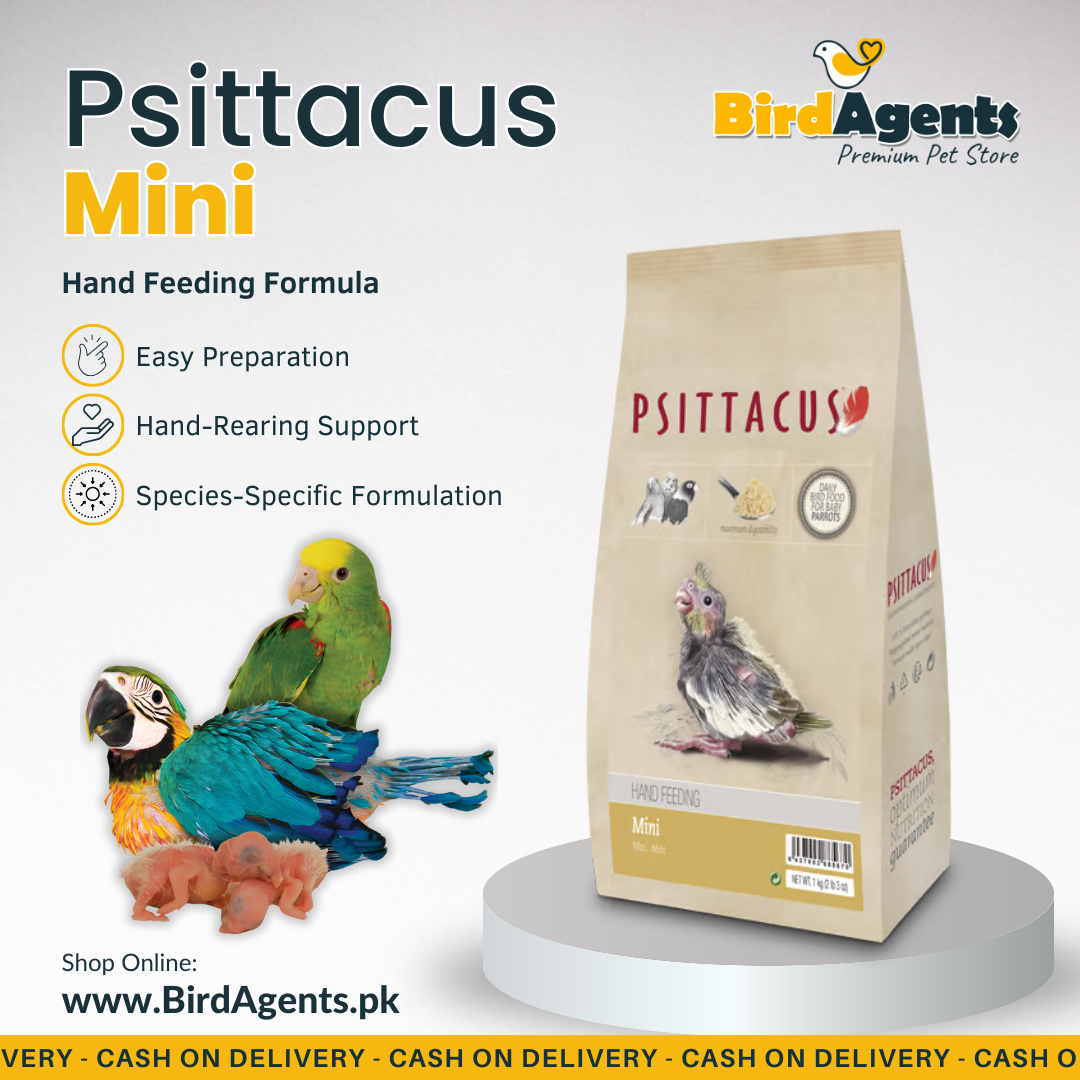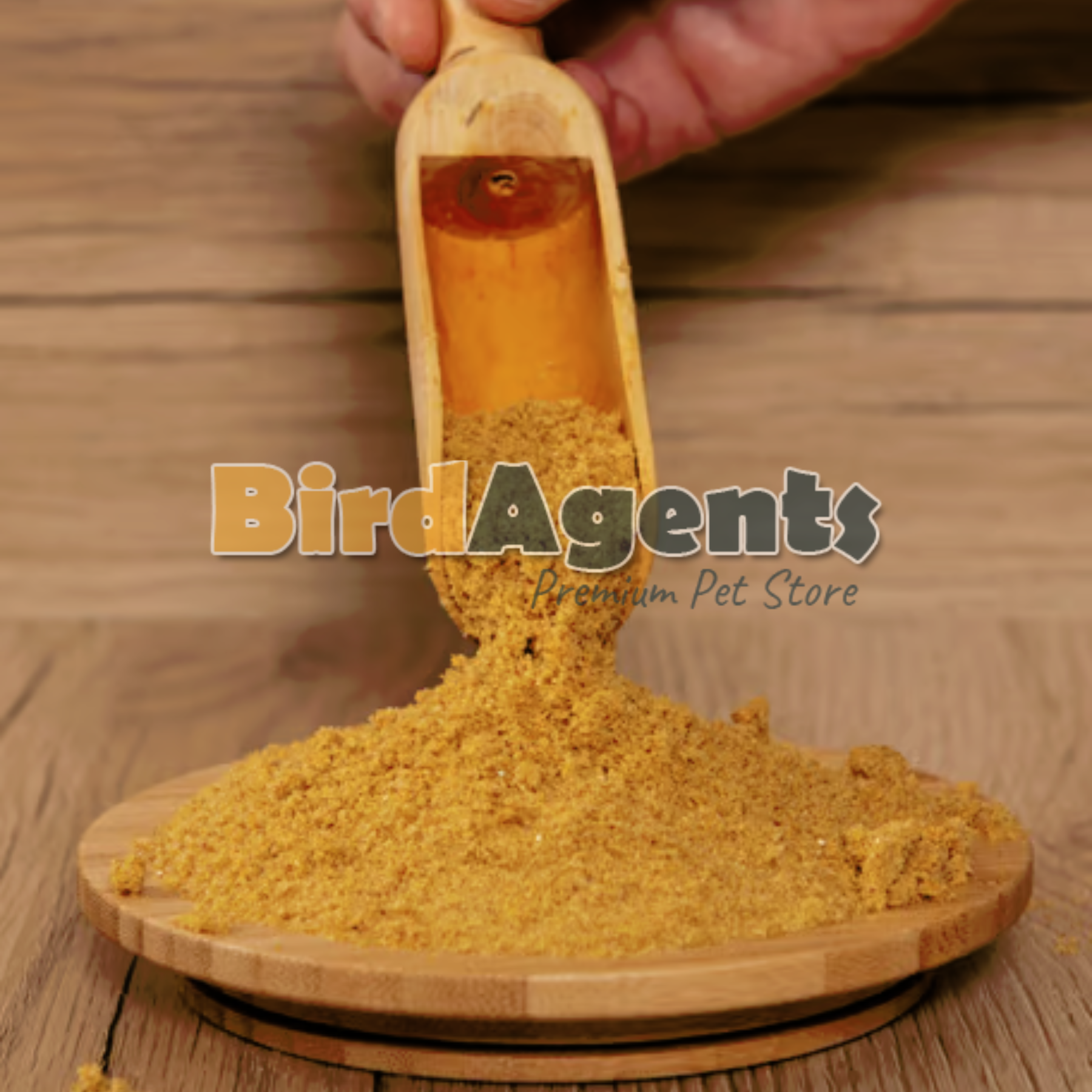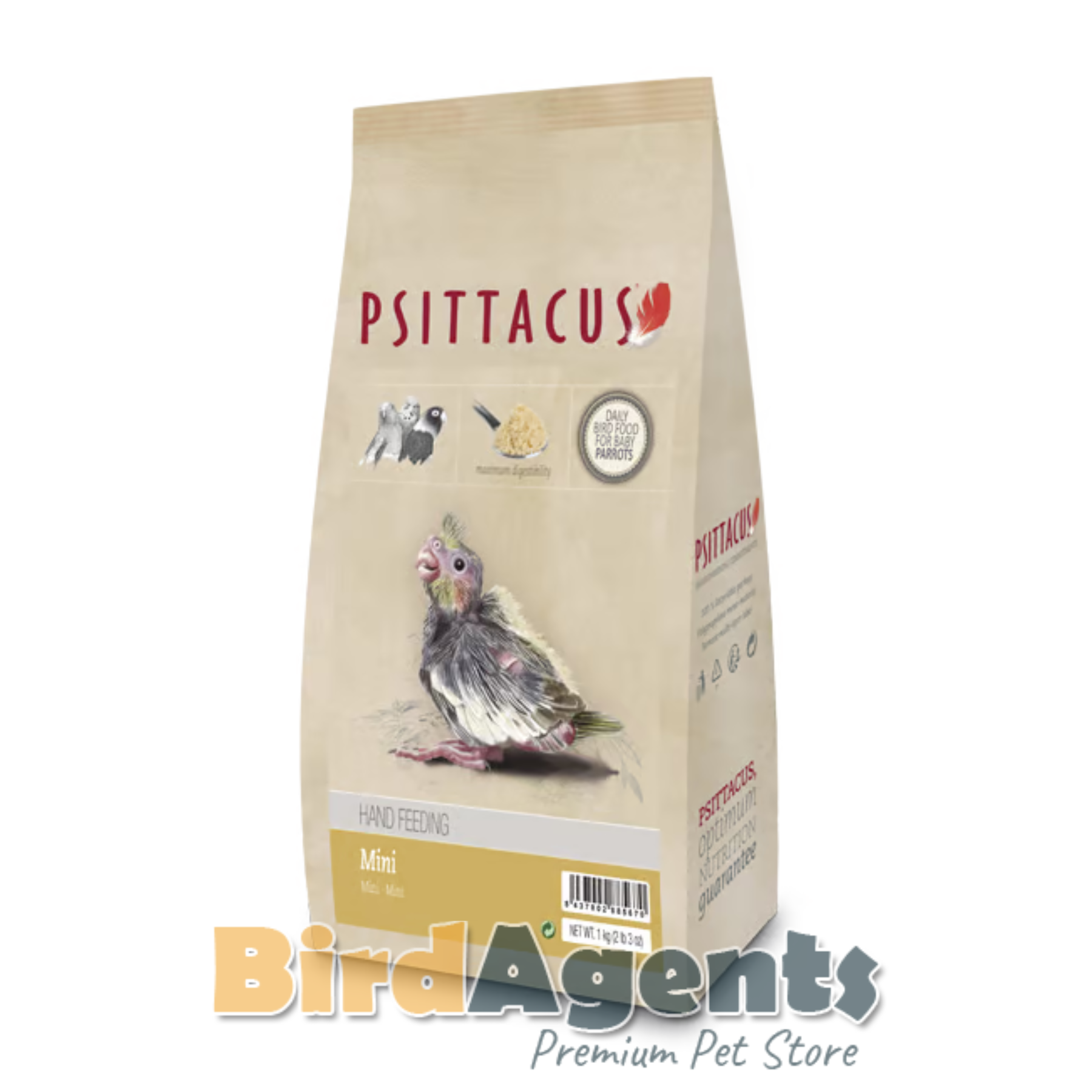1
/
of
5
Psittacus
Psittacus Mini - Birds Hand Feeding Formula
Regular price
Rs.4,000.00 PKR
Regular price
Sale price
Rs.4,000.00 PKR
Unit price
/
per
☀️ You can only purchase a minimum of PKR 500/- PKR
Couldn't load pickup availability
Psittacus Mini Hand Feeding Formula is specifically designed to hand-rear small psittacine species such as budgerigars (Melopsittacus), cockatiels (Nymphicus), galahs (Eolophus), conures (Aratinga), and rosellas (Platycercus), which naturally consume seeds low in fat. Here are the details and usage instructions for this formula:
Product Features:
- Specialized for Small Psittacines: Formulated for species with low-fat seed diets.
- Follow-On Formula: Suitable from the emergence of pin feathers until weaning.
- Complete Diet: Can constitute 100% of the chick's diet during the specified growth phase.
- Easy Preparation: Mixes easily with lukewarm water to create a smooth feeding consistency.
Usage Instructions:
-
Preparation:
- Mix the formula with lukewarm water.
- Aim for a concentration of approximately 25% solids.
- Stir well to achieve a smooth consistency.
-
Feeding:
- Administer the formula using a soft feeding tube for gentle feeding.
- Feed from the second week of age until the chick is ready to wean.
-
Transition:
- For younger chicks, use the Psittacine Crop Milk as the initial hand-feeding formula.
- During the weaning process, gradually replace the hand-feeding formula with Breeding Paste or the Mini formula.
Tips for Use:
- Feeding Frequency: Adjust the feeding schedule based on the age and development of the chick.
- Hygiene: Ensure all feeding utensils are clean and sterilized to prevent infections.
- Monitoring: Observe the chick's growth and health, adjusting the diet as necessary for optimal development.
Psittacus Mini Hand Feeding Formula provides a balanced and nutritionally complete diet, supporting the healthy growth and development of small psittacine chicks. This formula is designed to ensure the chicks receive the essential nutrients they need during their critical early stages of life.
Share
